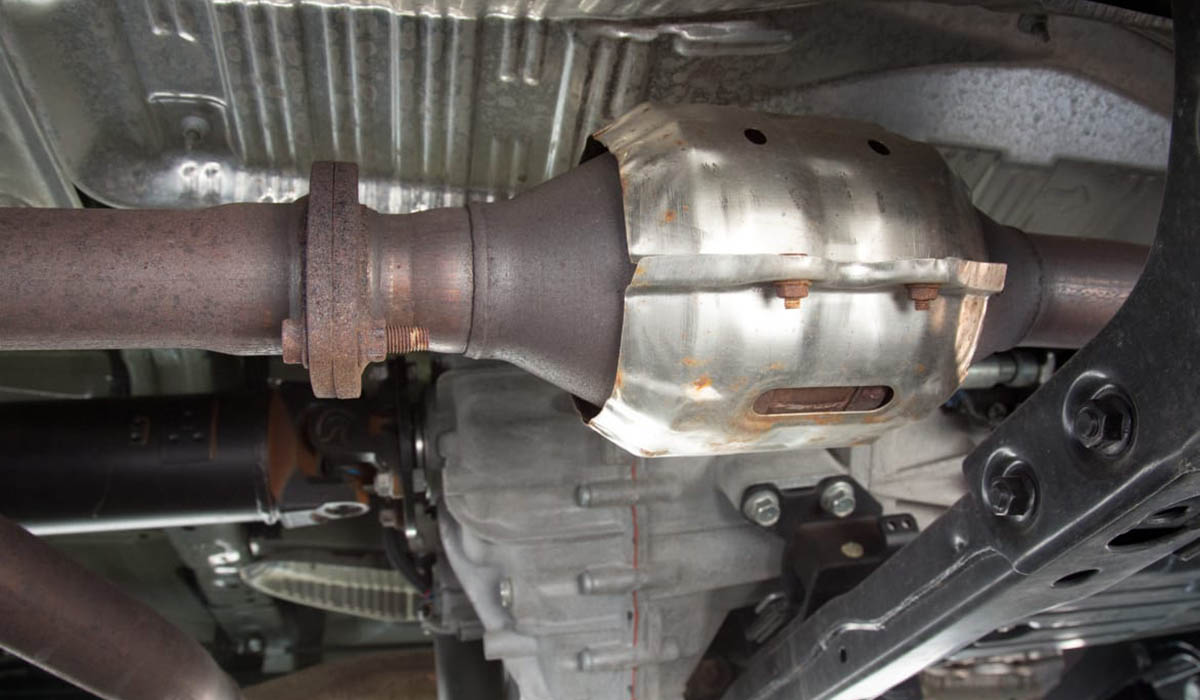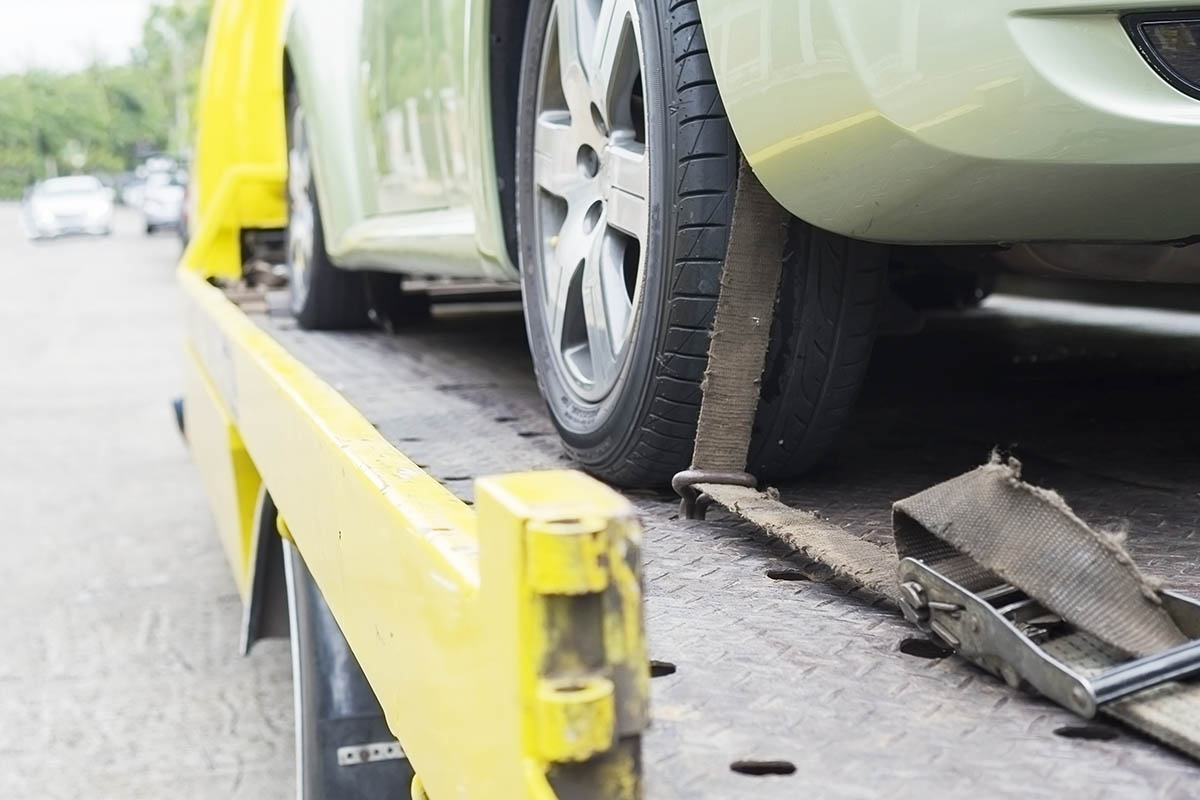Nissan Altima Catalytic Converter Failure Symptoms & Solutions
If you’ve dabbled in working on your Nissan Altima, you may know how to perform tasks like installing replacement brake pads. However, from time to time, everyone faces more challenging automotive issues.
Handling catalytic converter problems is one such challenge. Even knowing that something is wrong with your cat can be difficult unless you get an error code. These are some symptoms and solutions.
Symptoms of a Catalytic Converter Problem
In most cases, a catalytic converter problem will set a diagnostic trouble code. Scanning your codes is the easiest way to troubleshoot the problem. However, even with a trouble code, it can be helpful to know the symptoms of a bad cat.
Additionally, you may find yourself in a situation where you can’t easily scan your codes, or one isn’t set for some reason. These are a few of the symptoms to look for:
- Engine misfires
- Loss of power when accelerating
- Degraded overall engine performance
- Increased emissions
- Loud and unusual noises from the exhaust
- The vehicle is hard to start
Catalytic converter issues can include it being damaged, clogged, or failed. Physical damage will tend to cause unexpected noise, whereas a failed cat will have a greater impact on engine performance.
While the Nissan Altima catalytic converters last a long time, they do need to be replaced eventually. This is usually around every 100,000 miles.
Solutions for Catalytic Converter Problems
Depending on the exact problem with your catalytic converter, you may need different solutions. If it is damaged or failed from aid, you very likely need to replace the cat.
You can replace this exhaust item by jacking up your vehicle on stands or a lift. Following this, remove the bolts and carefully detach the O2 sensor. Finally, place the new catalytic converter, reattach the O2 sensor, and bolt everything into place.
This is a trickier fix than some other. So, you may want to consider buying a new catalytic converter and bringing it to a trusted mechanic for installation.
If the problem is that the catalytic converter is clogged, you can try an “Italian tune-up.” Essentially, this is just driving your vehicle harder than usual for a few miles to increase the temperature of the cat.
This method gets its name from Ferrari mechanics, who used it to fix issues with the often lightly-used sports cars.
Some fuel additives may also help with a clogged catalytic converter. Finally, removing and manually cleaning the converter is also effective in some cases.
Of course, given the work required to clean the cat, it may be worth replacing it for a few hundred dollars extra.
Nissan Altima Catalytic Converter: Get Started Wrenching
Working on your Nissan Altima is a great way to save money and take care of your vehicle. Additionally, there is a special bond between an owner and his or her vehicle after getting out of your wrenches.
Order some auto parts in-store pickup and get working on your vehicle. You may be surprised how much you can achieve with a few tools, some helpful guides, and a little patience. Get under the hood today.




















